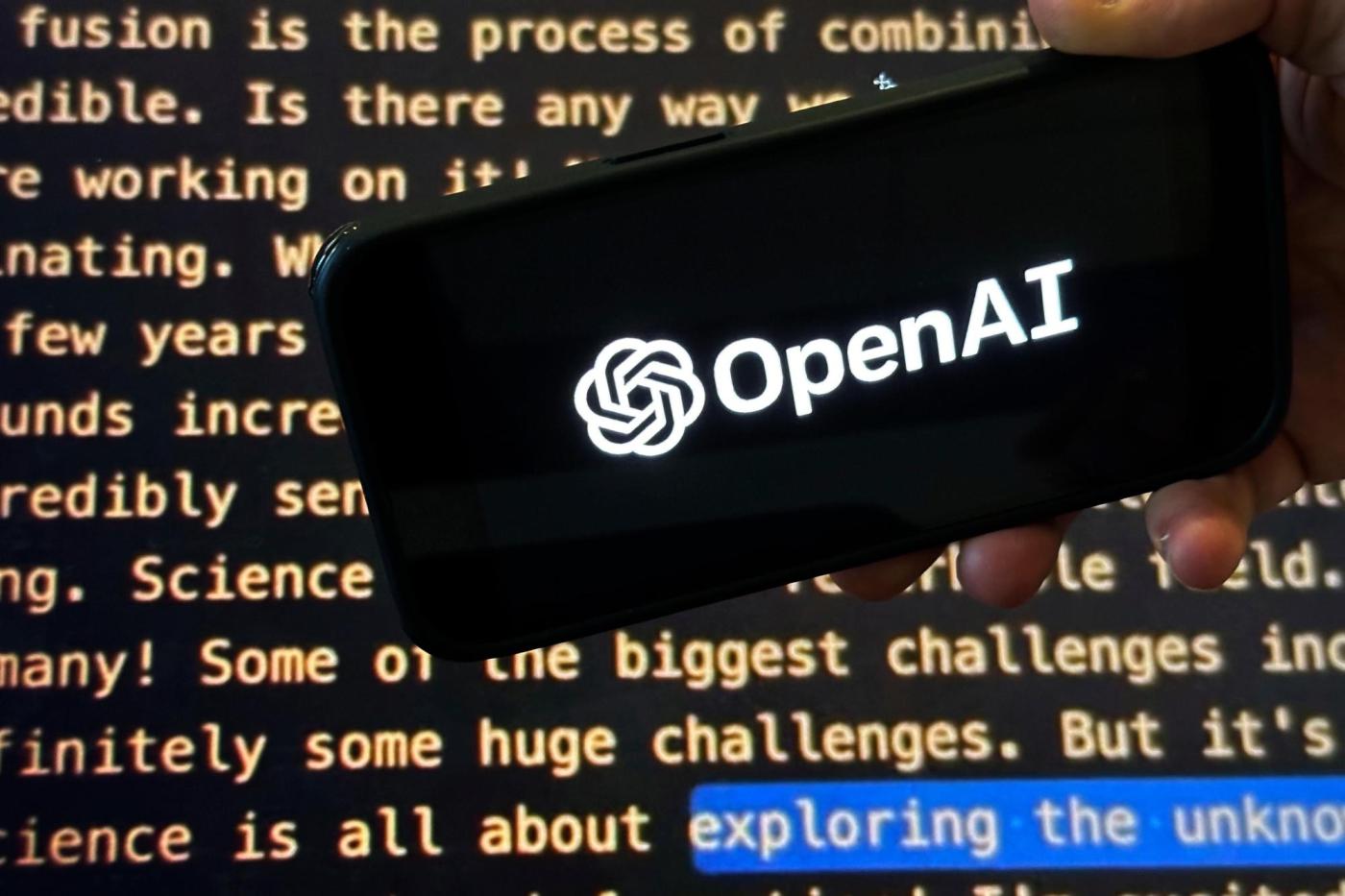(Bloomberg/Shirin Ghaffary and Rachel Metz) — OpenAI is making it easier for ChatGPT users to connect with third-party apps within the chatbot to carry out tasks, the company’s latest bid to turn its flagship product into a key gateway for digital services. With the new option, unveiled Monday during OpenAI’s annual developers event, a ChatGPT user can ask to create a playlist for the weekend and the app will connect with Spotify to make suggestions. Alternatively, a user can look up a three-bedroom home in a specific neighborhood on Zillow, without leaving the ChatGPT app. The feature, which OpenAI calls “talking to apps,” requires users to sign in to the apps the first time.
“We hope this will be a big deal for helping developers rapidly scale products,” OpenAI Chief Executive Officer Sam Altman said in a keynote address at the event in San Francisco.
The event caps off a frenzied few weeks for the company. OpenAI completed a secondary share sale that propelled it to become the most valuable startup in the world. It introduced several notable features and products, including a social video app called Sora that quickly rose to the top of Apple’s App Store. And it announced multiple large infrastructure deals with Nvidia Corp., Advanced Micro Devices Inc. and others to support broader adoption of its technology.
Related Articles
US stocks advance on AMD-OpenAI partnership, big bank deal
Tesla shares jump on cryptic posts teasing product unveiling
OpenAI and chipmaker AMD sign chip supply partnership for AI infrastructure
San Jose group’s clients sue Trump administration over $100,000 H-1B visa fee described as ‘extortion’
Newsom signs legislation to bolster fusion, quantum technologies
OpenAI now has more than 800 million weekly ChatGPT users, Altman said on Monday. The service’s rapid growth has helped bolster OpenAI’s revenue. In September, OpenAI Chief Financial Officer Sarah Friar said at a conference that OpenAI was on track to generate $13 billion in revenue this year, up from $4 billion in 2024. Still, the AI developer has remained unprofitable due to billions of dollars in annual computing and research costs, to say nothing of OpenAI’s recent spending spree on chips and data centers.
To offset some of that heavy investment, OpenAI, like its peers, is working to appeal to businesses and developers. At Monday’s event, OpenAI also released software called AgentKit that is meant to help developers build and roll out so-called AI agents — generally, software that can carry out a series of tasks with little or no input from a human.Altman said a number of companies have already built agents with the tools, including Albertson’s, Box Inc. and Canva Inc.
More stories like this are available on bloomberg.com
©2025 Bloomberg L.P.





